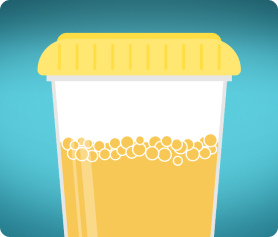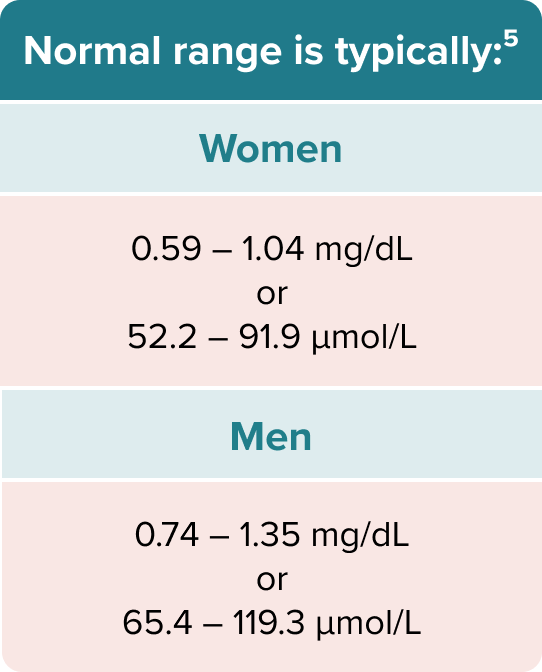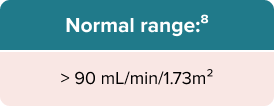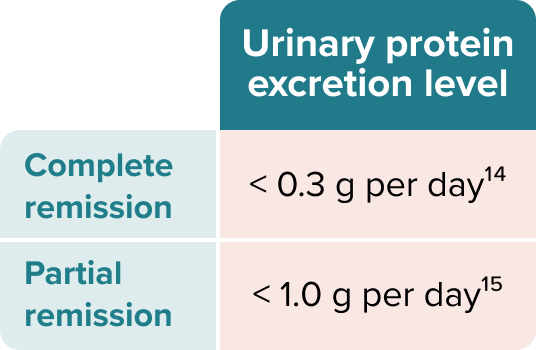What is IgAN?
IgAN is a kidney disease.1 It occurs when an antibody called immunoglobulin A (IgA) builds up in the filters of the kidneys, causing inflammation and damage.1 The filters are called glomeruli, and they’re responsible for filtering excess water and waste from your blood.1 But when your glomeruli are damaged, your kidneys leak blood cells and proteins into your urine.1
IgA nephropathy develops due to slight overactivity of your immune system.1 Healthy immune systems release the antibody IgA as a normal response to bacteria or viruses. It helps prevent serious infection.2 However, people with IgAN produce an abnormal type of IgA antibody, which combines with other proteins in the blood to form large clumps that get trapped in the glomeruli.1,3 These clumps prevent the filtering process from happening as it should, and things like blood cells and protein begin to leak into your urine.1,3 The clumps also lead to the scarring of kidney tissue which can worsen over time, and this may happen faster or slower depending on the individual person.1
Doctors don’t know exactly what causes IgA nephropathy.2 Some scientists think that it’s an autoimmune disease because it is the body’s own immune system that causes harm to the kidneys.1 In some cases, IgA nephropathy runs in families.2 Anyone can develop IgA nephropathy, but it’s more likely to occur in men from their teenage years up to their late 30s, and is most common among Asian and white people.2,3


In its early stages, IgA nephropathy often has no symptoms, so people can live with it for many years before they, or their doctor, notice any signs.1,2 The most common sign is blood in the urine (called haematuria), which can turn your urine pink, tea- or cola-coloured.1,3 Often, this symptom will appear alongside a cold or another type of infection.3


Another common sign is increased protein levels in your urine (proteinuria), including increased albumin levels (albuminuria).1 Albumin is the main protein in the blood, and when the glomeruli are damaged, it can leak into the urine, making it appear foamy or bubbly.1 Your doctor can detect proteinuria from a urine sample.1 To find out more about the tests for kidney disease, click here.
Doctors use several tests to check for IgAN.1,4 This is what they mean:
Creatinine
Creatinine is a waste product your body makes when you use your muscles.5 Your kidneys are responsible for filtering it out of your blood.5 People with IgA nephropathy may have higher levels of creatinine than people without it because their kidneys can’t filter it out as well.4


Glomerular filtration rate (GFR)
GFR indicates how quickly your kidneys filter your blood, based on your creatinine level.6 When the filters in your kidneys aren’t working properly, creatinine builds up in your body and your estimated GFR (eGFR) goes down.6 The more your creatinine level increases, the lower your eGFR becomes, which makes it a useful way of tracking how well your kidneys are working.6 Your eGFR will be assessed regularly to monitor your disease and help determine which treatments may be suitable.7


Proteinuria
Damaged filters allow proteins to leak from your blood into your urine.1 You can think of them as acting like a colander, when they should really be acting like a sieve.1 You may be able to see signs of proteinuria yourself, as foamy urine often means there’s protein in it.2
To test for proteinuria, your doctor may ask for a 24-hour urine sample.9 To provide the sample, you must collect every drop of urine you produce during the specified 24-hour period.9 This is called a 24-hour urine collection.9 This sample can be used to work out your protein excretion rate or albumin excretion rate, which is the amount of protein or albumin your body removes in your urine in one day.10 Albumin is the main protein filtered by the glomeruli.11
Alternatively, your doctor might also request a spot urine test to compare the amount of protein or albumin with the amount of creatinine to calculate your protein-creatinine ratio (PCR) or albumin-creatinine ratio (ACR).12 You may have heard the term PCR used to describe a method of testing for coronavirus. In that context, PCR stands for “polymerase chain reaction”, and the two tests are completely unrelated!13
Patients with IgAN have proteinuria levels above the normal range and a higher risk of their disease worsening if their proteinuria remains above 1 g per day after 3 months of optimised therapy.14
Like many chronic diseases, there’s currently no cure for IgAN, but complete or partial remission are possible.1,14


Even if you don’t achieve remission, you can still live well with proper management.7 Treatment for IgAN aims to:1,16
- Slow down the rate at which your disease progresses
- Prevent further damage to your kidneys
- Normalise your blood pressure
- Reduce the amount of protein lost in your urine
You can ask your doctor to tell you more about these treatments.

Symptoms of IgAN
Understand the signs and symptoms of IgA nephropathy.

FAQs
Find out more about IgA nephropathy and glomerular disease.

Diet with IgAN
Find out how diet may help maintain kidney function.

IgAN and mental health
However you might be feeling, you’re not alone. Find support here.